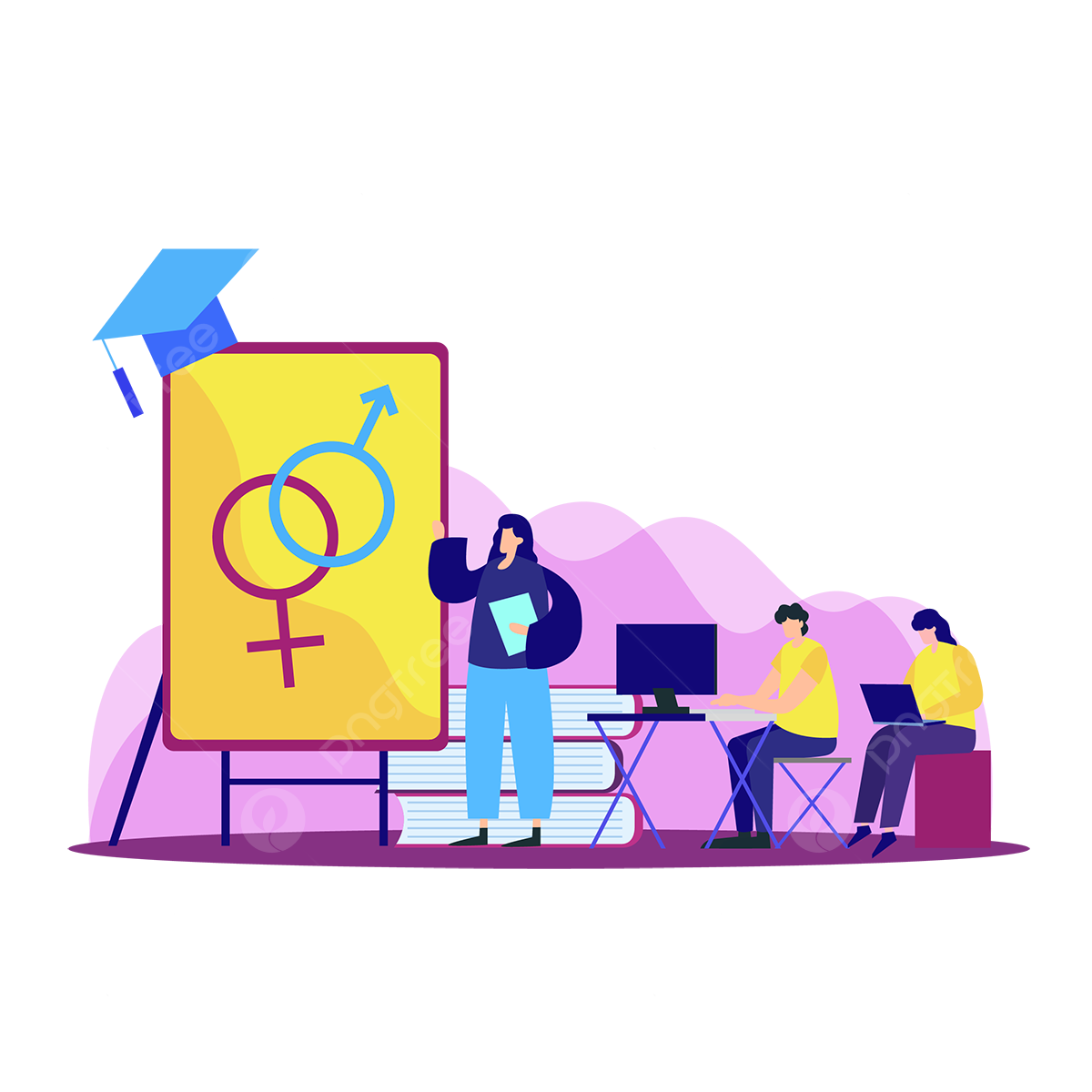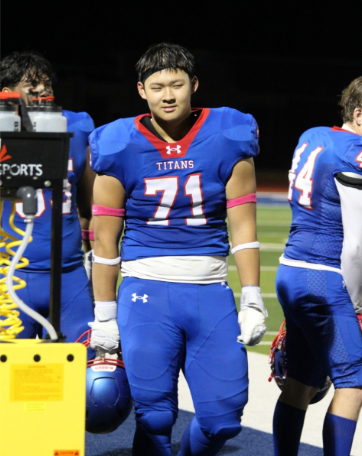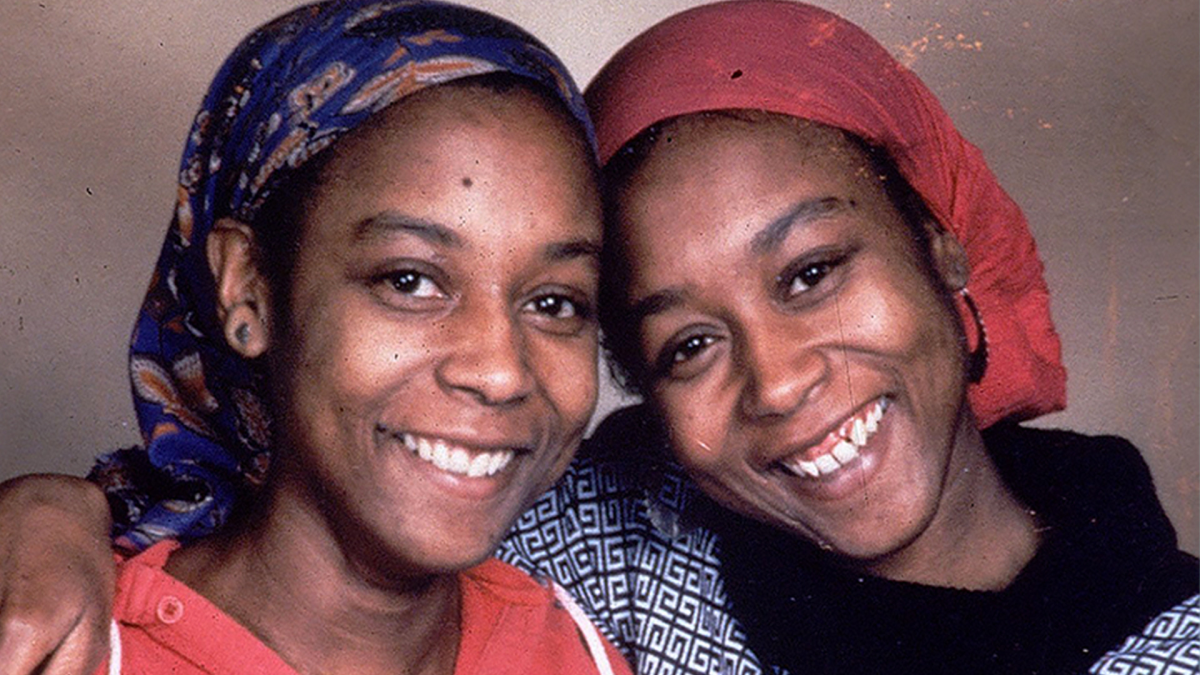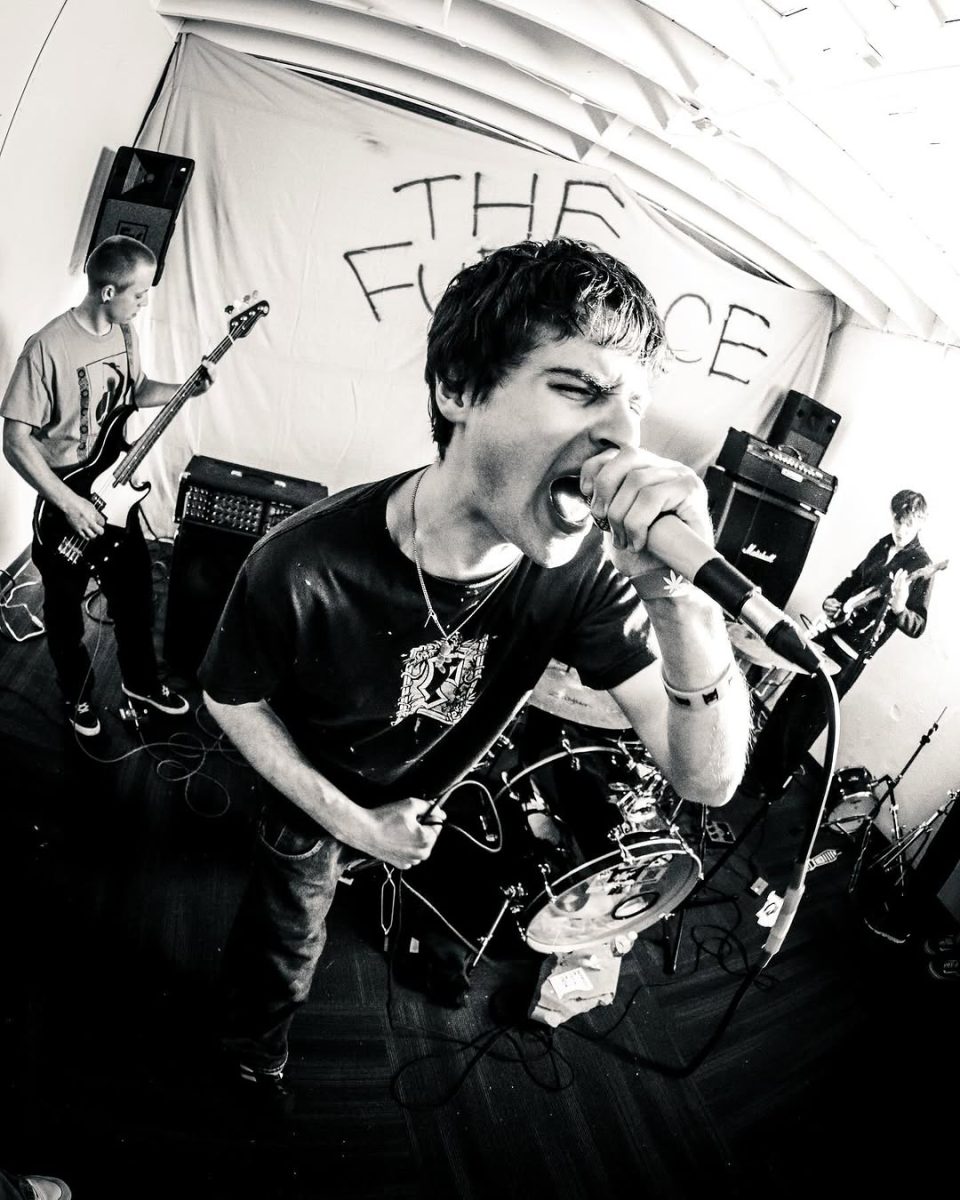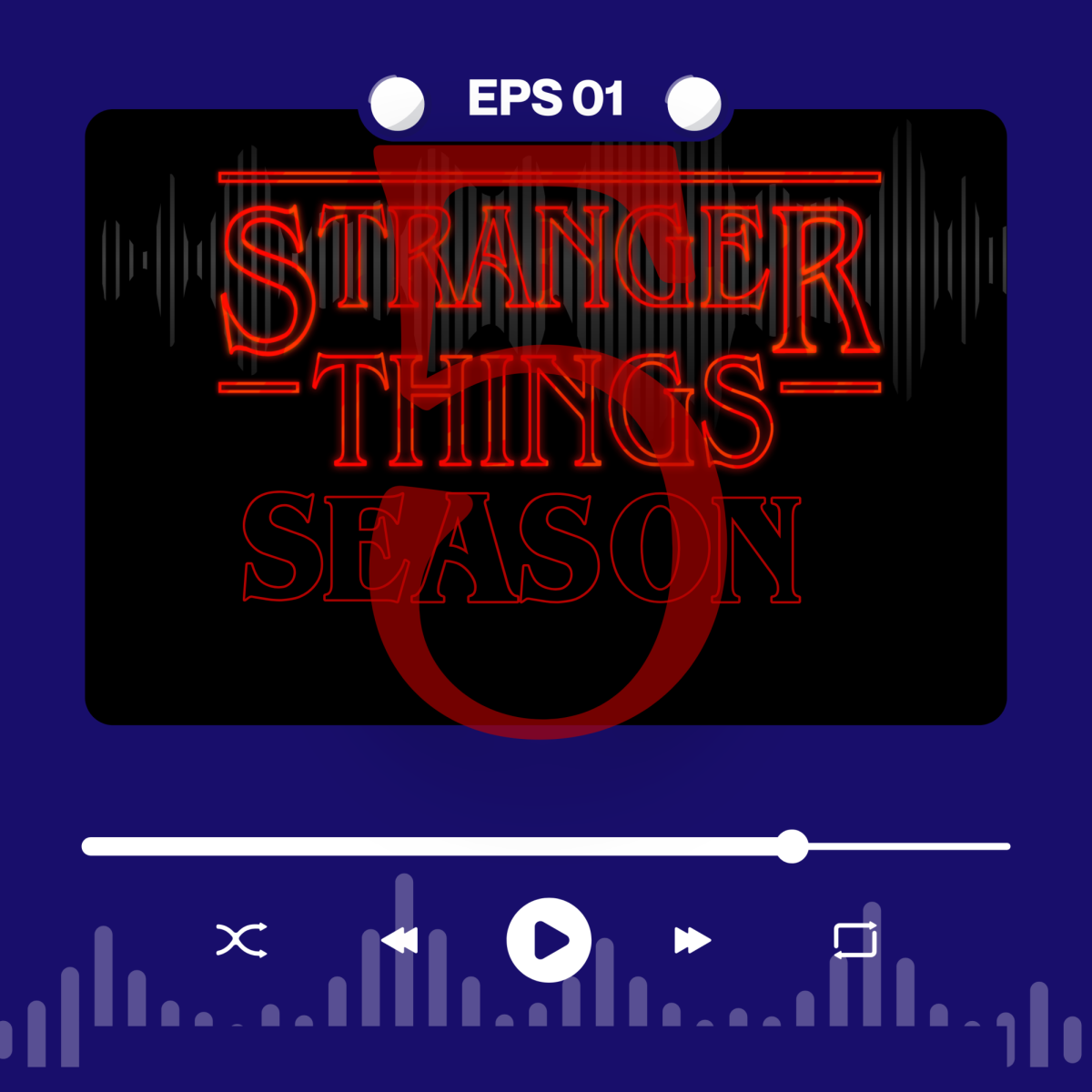Covert incest or emotional incest occurs when a parent or caregiver relies on a child for the support that an adult partner would usually provide. They may also treat the child like a romantic partner. Covert incest is different from physical incest because it does not involve sexual abuse. But it, too, causes harm.
According to the American Psychological Association, convert incest is a type of emotional abuse. It occurs when a parent or caregiver consistently violates normal boundaries between themselves and a child. Therapists sometimes call this emotional incest or “enmeshment.” In an emotionally incestuous relationship, a caregiver depends on a child for support. Emotional incest is also different from a partner or caregiver and a child having a close relationship.
Examples of Covert Incest
- Relying on a child for support: This can include confiding in them about their relationship problems, looking to them for comfort or reassurance, or asking the child for advice that is inappropriate for their age.
- Putting their needs before the child’s: The caregiver/parent may expect frequent praise and affection from the child or wish to feel that they are the most important thing in the child’s life, at the expense of the child’s other relationships.
- Invading the child’s privacy: This may involve invading the child’s personal space frequently or preventing the child from having a space of their own. The caregiver may also do things that make the child feel uncomfortable, such as ignoring the child’s wish for privacy when they are nude or being nude around a child.
- Treating the child like a romantic partner: This could involve the caregiver/parent taking the child on dates, discussing their sexual experiences, or inappropriately commenting on the child’s body or appearance.
- Feeling jealous of the child’s relationships: When the child becomes an adult, the parent or caregiver/parent may become jealous of their romantic relationships. They may complete for attention, intrude, or attempt to sabotage them.
Effects of Convert Incest
- A love/hate relationship with the caregiver
- Feelings of abandonment toward other parents or caregivers who have left the household or are allowing the behavior to continue
- Difficulty identifying and fulfilling personal needs because the person is so used to carrying for others
- Feeling inadequate and unworthy
- Sexual dysfunction
- Compulsive behavior or addiction
- Difficulty forming a lasting intimate relationship
Potential Causes
The causes are not well understood because there has been little research on covert or emotional incest. However, anecdotal evidence from therapists suggests that covert incest often occurs when a parent’s or caregiver’s emotional needs are not being met by a partner or spouse. This may be due to:
- Relationship dysfunction or breakdown
- Infidelity
- Divorce
- Abandonment
- Bereavement
- Domestic abuse
Recovering from Covert Incest
- Attending therapy
- Joining a support group
- Establish boundaries
Mama’s Boy
A mama’s boy is often used to describe a man who has an unhealthy dependence on his mother well into adulthood when he is expected to be independent and self-reliant. Having a healthy connection with one’s mother is important, but once boundary problems and dependence come into play it can create problems in relationships or marriage. Some negative effects can include him being overly dependent on his mom and ignoring his significant other’s needs/wishes. Most of the time these men expect their significant other to act like their mother. Some examples of this are having their partner cook, clean, baby them, and having their partners think for them.
The mothers who raise these “Mama’s boys” are usually toxic towards their daughters-in-law. They pick at every little detail they don’t like about them or how they are in the relationship. It can be them criticizing how they run their house, how they take care of their son, their appearance, and even over-stepping their boundaries. These mothers tend to “hate” or “despise” their son’s girlfriend/wife because they think that the girlfriend/wife is not good enough for their son.

